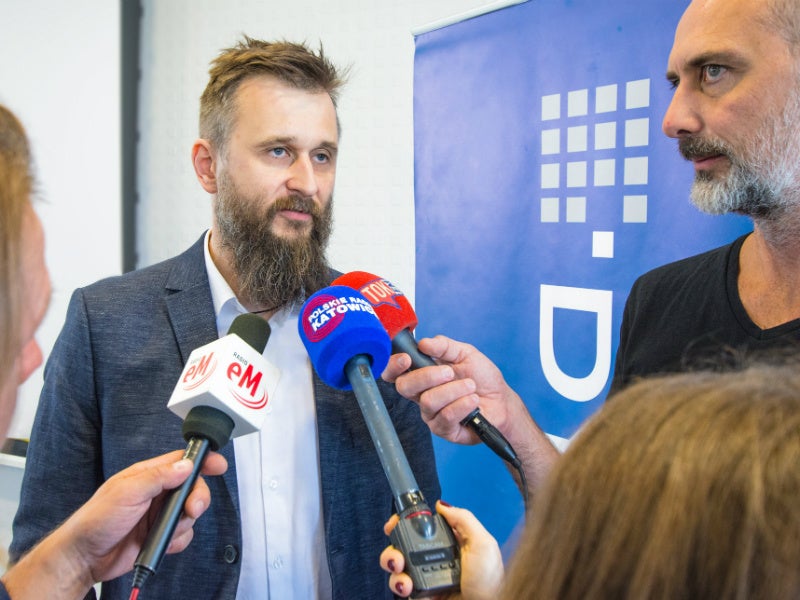
What we have observed is an evolution in thinking. Organisations, meaning people standing behind them, are more opened to dialogue.
Thanks to access to all existing solutions worldwide, it is easy to see how things work in Paris or Berlin, what systems they are using and what their advantages are. There is also awareness that defective systems cause many bad consequences already at the very beginning of their functioning. Simplifying everything at the lowest cost causes many problems and sometimes is just a result of anxiety of those who order new solutions. Cheap is usually very expensive in the end.
Budget for passenger information projects
In big cities, it is much easier to create budgets for development of city information, passengers, and so on. Hence it is natural that it is the big cities that become leaders of changes. Nowadays in Silesia (one of the south-west regions of Poland) we are building one of the biggest passenger dynamic information system (500 stops). The organizer of public transport has been preparing for this task for many years.
Unfortunately, there are also places where changes are needed, but there are no funds. Thanks to EU funds it is a bit easier, but there it is a double-edged sword: some of the regions might not be able to learn how to develop without subsidies. This means it is very difficult to plan anything, unless there are elections or donations, creating room for instability and unpredictability.
Thinking about regions with a small budget, we have created a device that does not require connection to electricity, an e-paper passenger information display powered by solar.
Act locally and think globally
To us, the best business model is the one where somebody is looking for specific solutions and paying for a specific product. We create solutions that are adjusted to the customer’s needs, localisations, surroundings, architecture. Our model is based on the philosophy: act locally and think globally.
Renewable energy and integration with smartphone technologies
What is important for the future, is the quality of information and connection of its bids, for example, in the passenger information system. One part of this trend will be integration of new solutions with smartphone technologies. Another trend concerns lower consumption of energy, the autonomy of devices independent from the sources of power. All in all resulting in using more and more renewable energy.
Therefore, the Dysten R&D department developed the low-power range integrated with smartphone technologies.
Fragment of an interview with Dysten CEO Paweł Kryszak.

